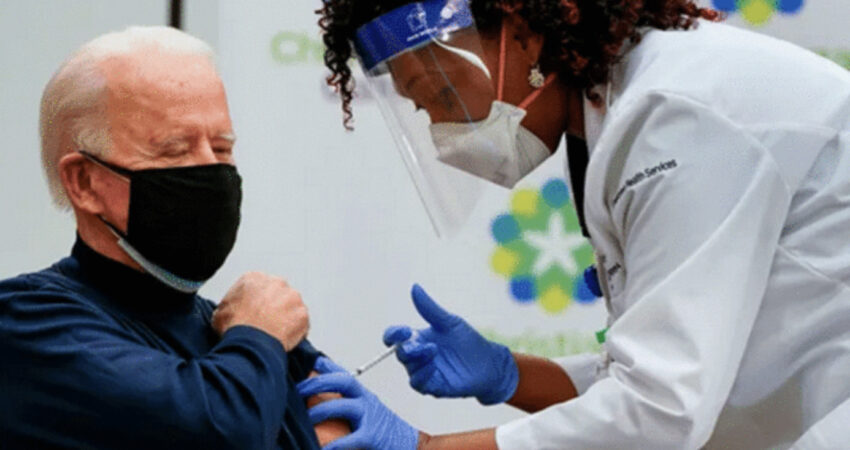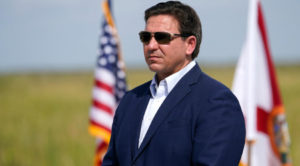Last Friday, August 25, Joe Biden, the Democratic leader of the nation, announced his approval of an additional funding proposal for a new vaccine, deeming it “necessary” and functioning. Speaking at Lake Tahoe, he hinted that this new vaccine is tentatively expected to be recommended for everyone, irrespective of their prior vaccination history.
Biden’s statement left many wondering about the urgency behind this new vaccine. The report cited a fresh iteration of the Omicron strain called XBB.1.5, which apparently warrants the development of this new vaccine. While the proposed vaccine’s necessity was mentioned, Biden did not delve into specifics, causing concerns among those who value transparency and clear communication.
The president’s emphasis on recommending this new vaccine to everyone, even those who have previously received other doses, has raised questions about the potential benefits and drawbacks of such a strategy. Though Pfizer, Moderna, and Novavax are working on doses of this new update, there appears to be a complex web of factors influencing this push for a new vaccine.
Notably, an unnamed “White House official” had earlier urged all Americans to receive booster shots, indicating a renewed concern about a new wave of infections. The Centers for Disease Control (CDC) had also recently alerted the public to a novel COVID-19 strain, BA.2.86, found in multiple countries. The details of the strain’s origin and its arrival in Michigan from places like Denmark, Israel, and the UK remain unclear.
In light of this complex scenario, Joe Biden’s chief medical advisor, Dr. Anthony Fauci, enters the spotlight. While Fauci holds a prominent position in the medical field, his credibility has been questioned by some experts. The inventor of the polymerase chain reaction (PCR), Kary Mullis, had criticized Fauci, stating that he lacked a comprehensive understanding of certain crucial areas. Despite this, Fauci was entrusted with the leadership of the National Institute of Allergy and Infectious Diseases (NIAID) for nearly four decades.
Fauci’s involvement in funding the Wuhan Institute of Virology for gain-of-function research, which enhances virus lethality and transmissibility, adds complexity to the situation. The revelations about his role have sparked debates about the origins of the virus and the handling of its variants.
As the situation unfolds, concerns about the transparency of institutions like the CDC and NIAID have grown. The public’s trust in these organizations has been eroded due to inconsistencies in communication and policy decisions. The call for a systematic reevaluation of these institutions, their funding, and their objectives reflects a larger struggle to ensure accountability and integrity within a constitutional republic.
Sen. Chris Murphy’s call for the CDC to address the “epidemic” of loneliness raises questions about the agency’s focus and its effectiveness in dealing with health-related concerns. The desire for reforms within these institutions is driven by the hope of upholding the principles of a democratic society and safeguarding the public’s well-being.





